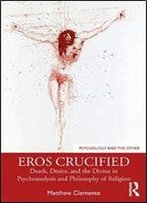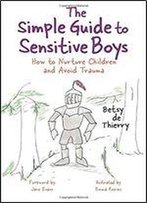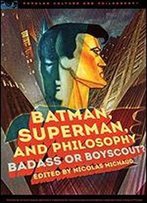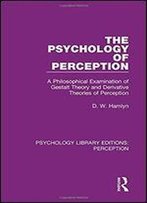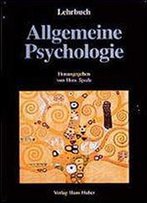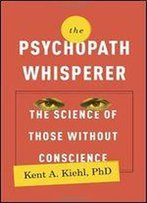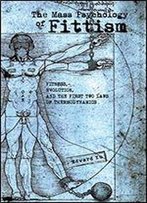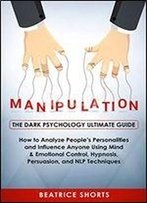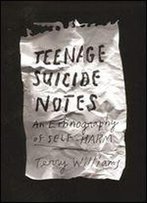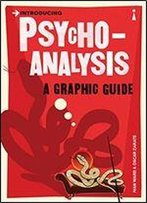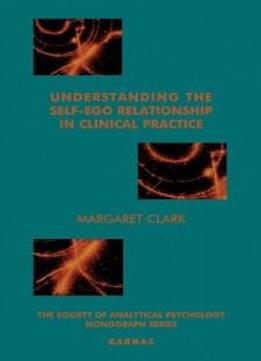
Understanding The Self-ego Relationship In Clinical Practice: Towards Individuation (society Of Analytic Psychology Monograph Series)
by Margaret Clark /
2006 / English / PDF
525.4 KB Download
The author argues for the profound importance of trusting the
unconscious psyche in therapeutic work with adults. She considers
various analytical meanings of the term "the self," with reference
to a wide range of theorists, and various ways of thinking about
the development of the ego. She uses primarily a Jungian model of
the psyche, from a developmental perspective--based on the
assumption that the ego evolves in infancy and childhood out of a
primary psychosomatic self. The self remains always greater than
the ego and has infinite resources on which the ego can draw. The
ongoing process of including more of this self in consciousness is
what Jung calls "individuation." This theoretical approach is
firmly grounded in clinical experience and case material
illustrates the theory throughout. The author considers different
techniques, which the therapist can use to facilitate the dialogue
between the self and the ego. She also shows how the therapist’s
amplification of the patient’s material can range from their
personal developmental experience through the collective store of
archetypal material in religious story, myth, fairytale, film,
poetry, and drama.
The author argues for the profound importance of trusting the
unconscious psyche in therapeutic work with adults. She considers
various analytical meanings of the term "the self," with reference
to a wide range of theorists, and various ways of thinking about
the development of the ego. She uses primarily a Jungian model of
the psyche, from a developmental perspective--based on the
assumption that the ego evolves in infancy and childhood out of a
primary psychosomatic self. The self remains always greater than
the ego and has infinite resources on which the ego can draw. The
ongoing process of including more of this self in consciousness is
what Jung calls "individuation." This theoretical approach is
firmly grounded in clinical experience and case material
illustrates the theory throughout. The author considers different
techniques, which the therapist can use to facilitate the dialogue
between the self and the ego. She also shows how the therapist’s
amplification of the patient’s material can range from their
personal developmental experience through the collective store of
archetypal material in religious story, myth, fairytale, film,
poetry, and drama.


